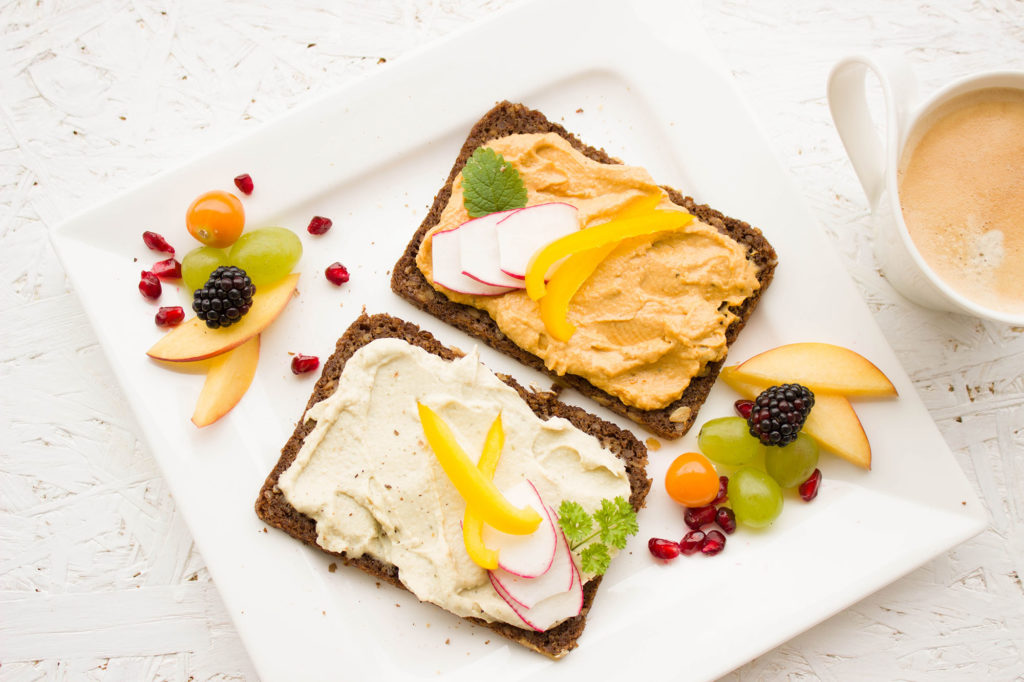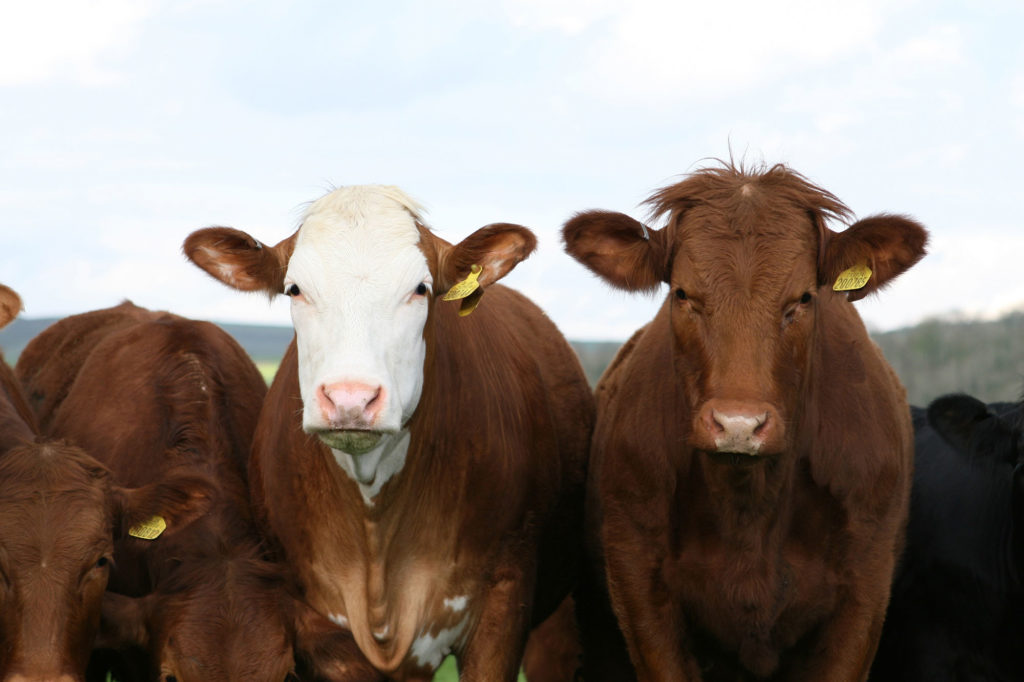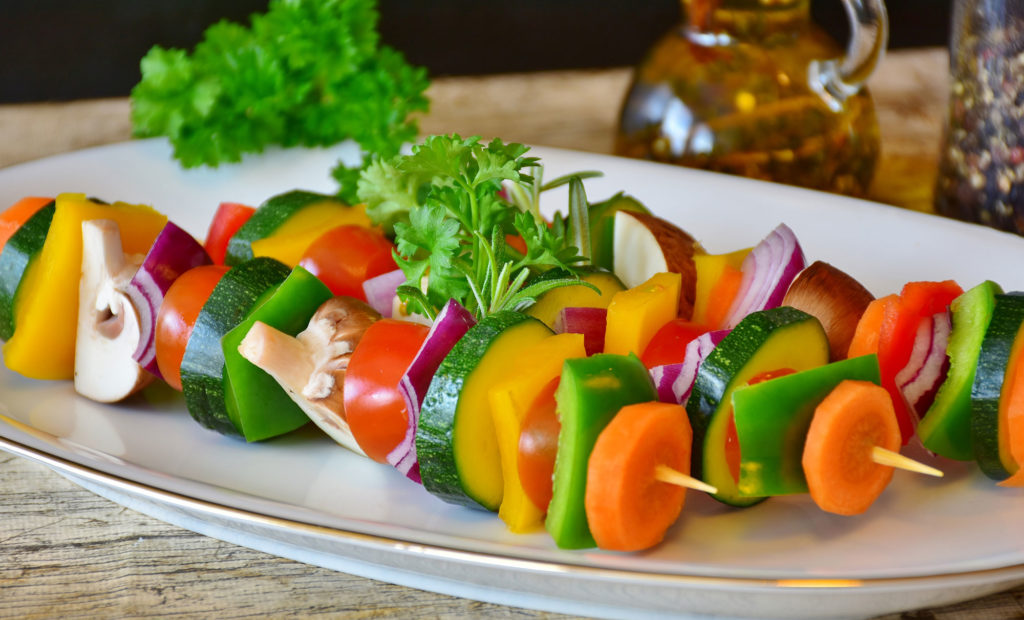
Is flexitarianism the future?
Vegans often find themselves the butt of people’s jokes.
In recent months, William Sitwell was forced to resign from his post as Editor of Waitrose Magazine thanks to a misjudged joke about vegans – he suggested an article about ways to kill them! While Piers Morgan set himself against the vegan and vegetarian communities by taking afront to Gregg’s new vegan sausage roll, spitting it into a bin live on air.
But with a recent increase in the popularity of eating less meat, there must be something to it.
How popular is veganism in the UK?
Thanks in part to the success of #Veganuary – the annual challenge encouraging people to go meat and animal-products free for a month, as well as the rise of the number of celebrities shouting about the benefits of a meat-free lifestyle, more people than ever are choosing to explore their options when it comes to food choices.
In fact, Sainsbury’s reported in January that customers searching for vegan products online increased an incredible 82 percent year-on-year. And according to the Mintel Global New Products Database, in the UK as a whole one in six (16%) of new product launches in 2018 were vegan – putting us ahead of the rest of the world.
But while many people have tried and failed to live an animal-product free life or have found they missed that bacon sarnie just too much, there is no disputing that there is a general groundswell in the direction of cutting down on red meat and looking for ways to improve the welfare of our animals.
What are the benefits of reducing meat and animal product consumption?
The benefits of eating less meat have been scientifically proven time and again. Saturated fats in red meat have been linked to heart attacks and high cholesterol as well as various types of cancers, while natural plant-based alternatives such as fruit, nuts, vegetables, grains and pulses provide a nutrient-rich diet that is wholly beneficial for our bodies.
But the positives don’t end there. For some who choose to move away from animal products it’s about the animals themselves and the planet in general. Meat production, particularly in the case of red meat, requires more water than crop growing in most cases, pollutes the world through the excretion of high levels of methane and doesn’t give anything back to our Earth.

But do we need to go the whole ‘hog’?
Yes, there are undisputed benefits, but it’s also true that turning vegan can be time-consuming and difficult to stick to – particularly when you’re eating out and about or visiting friends. It is an all-encompassing lifestyle choice, so what if you’re not ready to take it that far?
The rise of flexitarianism
The British Egg Industry Council credit ‘flexitarianism’ for an increase of egg sales of 4% in 2018 – that’s 240m extra eggs sold. And reports at the turn of the year suggested that scientists across the globe have experimented to determine a “planetary health diet” – the one that is the most beneficial to our health and the planet and should be encouraged in all countries if the Earth is to remain sustainable. Outlined in scientific journal the Lancet, the planetary health diet takes a flexitarian approach. Sainsbury’s is even trialling selling meat free alternatives in the meat aisle to give people greater choice and accessibility if they’re looking for a less meat heavy diet.
What is flexitarianism?
Flexitarianism is a growing trend that focuses on increasing your consumption of plant-based food while also reducing meat intake. Chosen for similar reasons to a fully plant-based diet, for example, animal welfare, sustainability, long-term health, general well-being and dairy intolerance. Many describe this type of eating approach as semi-vegetarian. And the extent of it can vary greatly between participants.

Fancy giving it a go?
We’ve got some tips:
- Don’t go all in. Perhaps choose one or two nights per week to start with.
- Talk to the family and discuss your reasons for reducing consumption of meat and animal products – get their buy-in and ask for ideas of the kind of meat-free meals they might like to try.
- If your kids (or partner) are sceptical, start with meals that appear similar to those you would normally cook – try a spicy veggie bean burger in lieu of a meat patty or try making a chilli with meat-substitute mince instead of beef.
- When you do choose to eat meat opt for good quality, lean meats such as chicken or turkey. Processed meats like bacon, sausages, ham, salami and patés should be included only occasionally.
- Browse the meat-free aisles at the supermarket for great ideas.
- Make sure you get plenty of protein by including beans, lentils, tofu, nuts and seeds in your diet.
- Once everybody is feeling more comfortable you can begin to add a few new meal ideas to the menu. Lentils, chickpeas and beans may be a scary prospect for a previously ‘meat and two veg’ family. But cooked in the right way, can offer delicious high-protein and low-cost meals.
What do you think?
But is flexitarianism just a buzzword? Is it liable to attract more ridicule than veganism, with suggestions that people adopt this term if they haven’t quite got the willpower to stick to a vegetarian or vegan diet?
Or does it even matter? Is flexitarianism just an umbrella term for a lifestyle choice that is clearly beneficial to our health and one that puts less stress on our planet? And if the rising popularity leads to greater choice and easier accessibility to healthy foods and a greater understanding of what makes for a healthy diet, surely that can only be a good thing…
At the end of the day, does it even matter what we call it?
If you’re interested in the benefits a semi-vegetarian diet can bring to the planet you might also be interested to learn more about our environmentally friendly approach to kitchen design and manufacture.
To find out more about the way we work please do get in touch.




